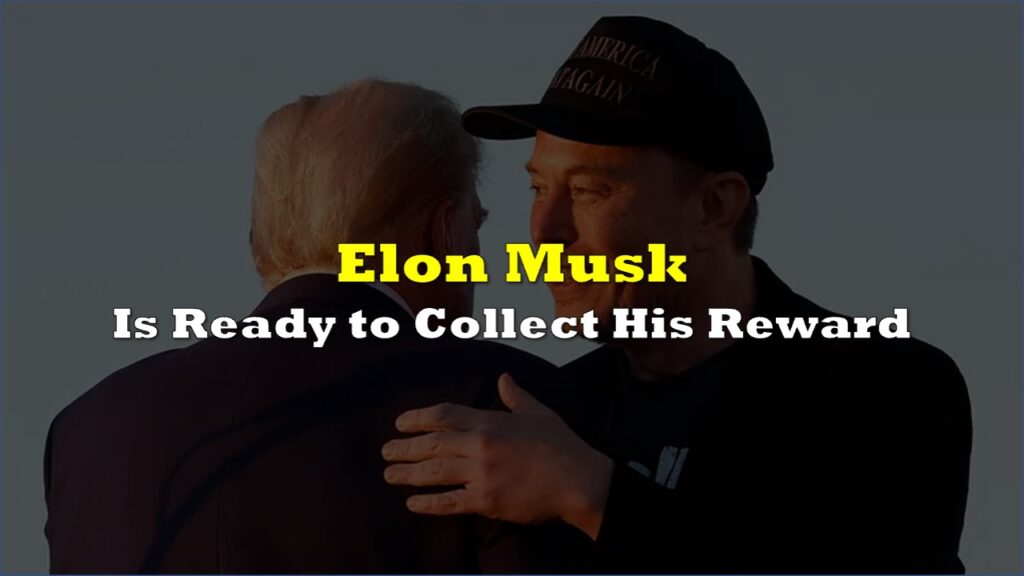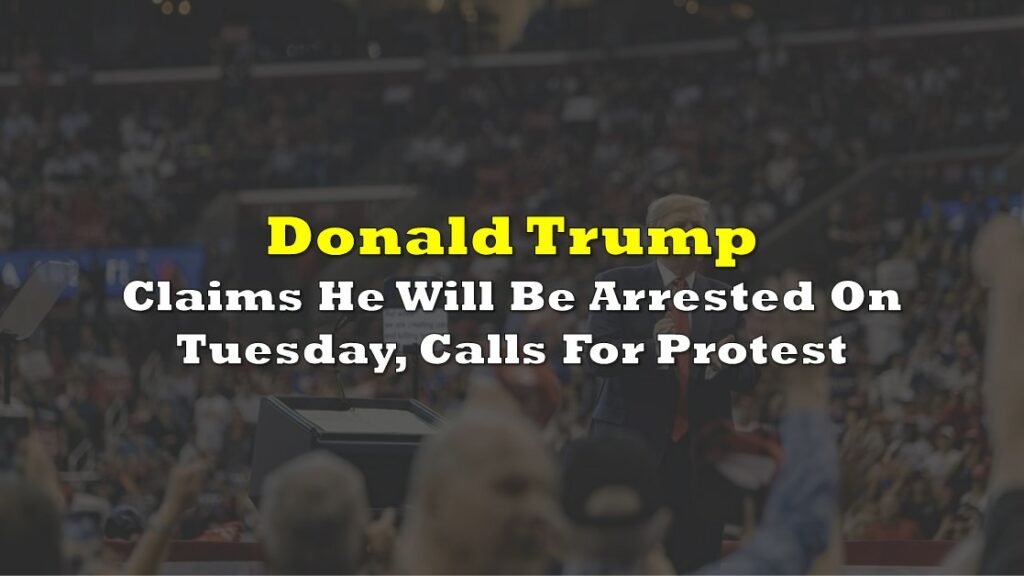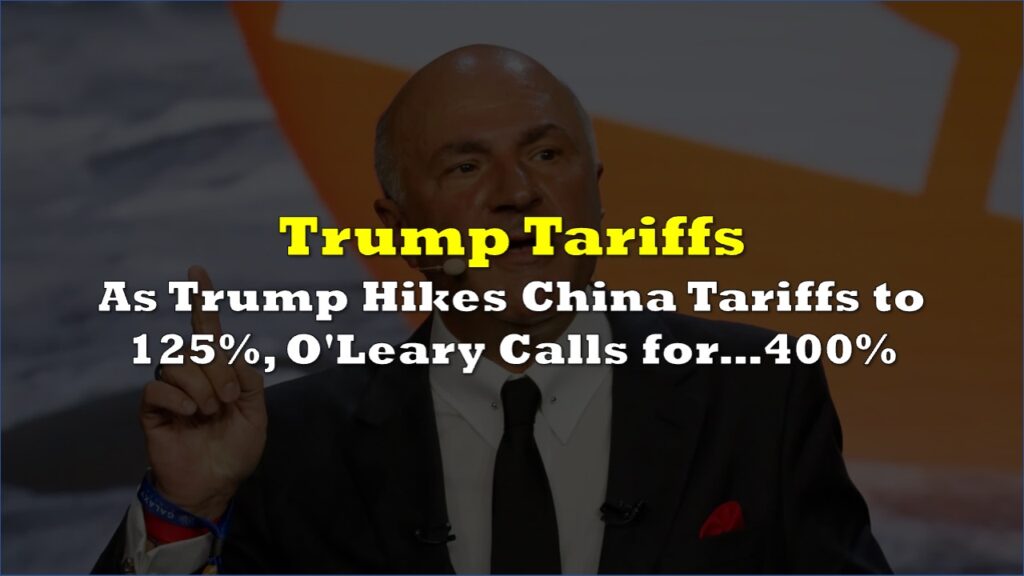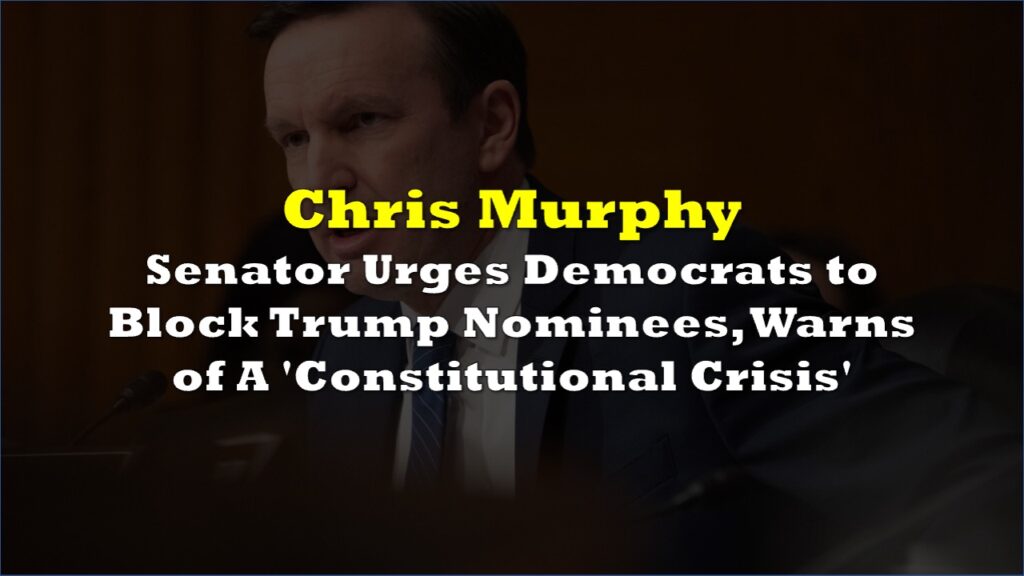President Donald Trump has signed an executive order pausing the enforcement of the Foreign Corrupt Practices Act (FCPA), a landmark 1977 statute prohibiting American companies and certain foreign firms from bribing foreign government officials to secure business advantages.
The DOJ has been instructed to halt FCPA prosecutions for 180 days while conducting a review of how the law aligns with US economic and national security priorities.
Trump is expected to sign an executive order today that would remove the enforcement that made it illegal for US companied to bribe foreign officials, per Reuters
— unusual_whales (@unusual_whales) February 10, 2025
The move comes in light of an ongoing bribery case against Indian billionaire Gautam Adani and just months after allegations that Trump solicited campaign funds from oil and gas executives in exchange for favorable policymaking.
In announcing the pause, the White House argued that strict FCPA enforcement may place American firms at a disadvantage internationally, especially in markets where bribery, while illegal, is often considered routine. Trump has charged Attorney General Pam Bondi with reviewing current and past cases to determine whether U.S. policy has overreached.
One of the highest-profile FCPA prosecutions involves Gautam and his nephew Sagar Adani. Federal prosecutors under then-President Joe Biden alleged that the Adani Group orchestrated a scheme to pay more than $250 million in bribes to Indian officials, aiming to secure advantageous terms for solar power contracts.
According to the DOJ, the Adani Group concealed these alleged bribes from American banks and investors who had provided substantial funding.
Because the FCPA permits charges when foreign corruption involves links to US investors or markets, Adani was indicted despite operating primarily in India. The new pause on FCPA enforcement could temporarily offer relief to the Adani Group.
READ: US Court Indicts Gautam Adani for Largest Corporate Scandal in India’s History
Skeptics, including anti-corruption organizations, argue that halting investigations could undermine America’s longstanding role in combating global corruption and embolden businesses to engage in unethical practices overseas.
The FCPA was passed in 1977 after congressional investigations revealed that US corporations were bribing foreign officials to secure contracts. Severe penalties—including multimillion-dollar fines and prison sentences of up to 15 years—aim to deter illegal payments to foreign officials.
Although often criticized for extraterritorial reach, the law has been upheld and expanded over time, including a 1998 amendment to cover foreign firms and individuals whose allegedly corrupt actions are connected to US markets. High-profile enforcement actions have targeted companies such as Goldman Sachs, which paid $2.9 billion in 2020 to settle allegations linked to the Malaysian 1MDB scandal.
The move also happens amid the shadow of the complaint filed by Citizens for Responsibility and Ethics in Washington last year where they alleged that Trump met privately with oil and gas executives, asking them to raise $1 billion for his campaign. In return, he purportedly promised to issue drilling and export permits on “day one” of a future presidency.
Observers from both industry and civil society anticipate that the DOJ will issue new guidelines after the six-month FCPA review.
Information for this story was found via The New York Times, Deccan Herald, Unusual Whales, and the sources and the companies mentioned. The author has no securities or affiliations related to the organizations discussed. Not a recommendation to buy or sell. Always do additional research and consult a professional before purchasing a security. The author holds no licenses.









